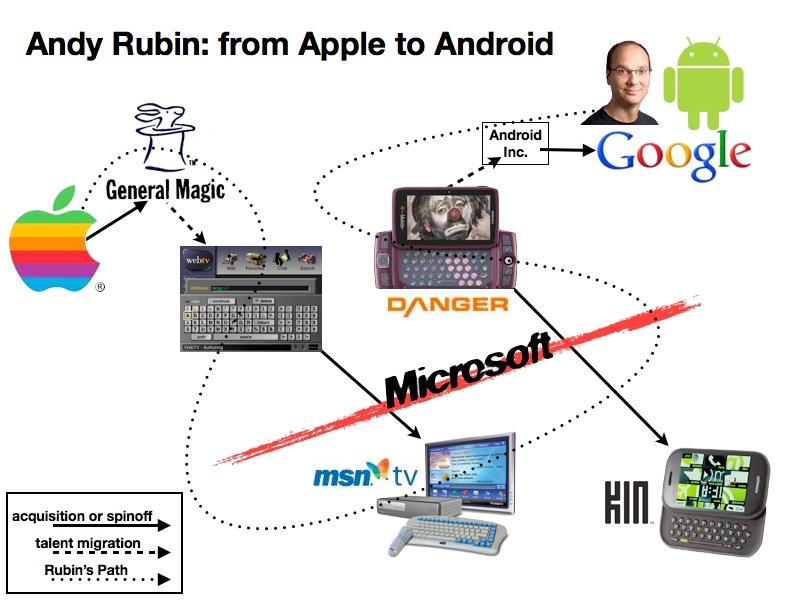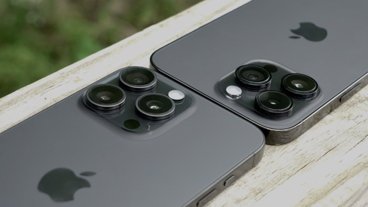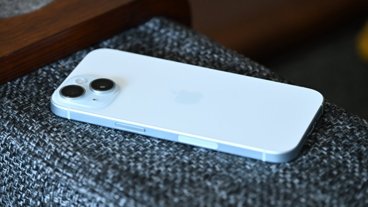Apple's Tim Cook in patent talks with Google CEO Larry Page
According to a report by Reuters, Page and Cook "had a phone conversation last week," and "are expected to talk again in the coming weeks."
Lower level executives from the two tech companies are also said to be involved in ongoing discussions, an apparent change following Apple's decisive win in its latest patent battle with Android licensee Samsung.
So far, Apple and Google haven't duked it out in court yet, with Apple instead fighting directly only with Google's Android licensees HTC, Samsung and Motorola Mobility, although the latter is now a Google subsidiary.
It's not known if Apple and Google are considering a broad cross licensing agreement (as Apple pursued with Microsoft, subject to specific "anti cloning" exceptions to protect its unique iPhone and iPad designs), or if the discussions are more limited in nature.
Apple's former chief executive Steve Jobs privately called Android a "stolen product" and told his biographer he was determined to use Apple's resources to "destroy" it.
Jobs also expressed betrayal by Google's former chief executive, Eric Schmidt, who directed the company to shift Android into direct competition against the iPhone while sitting on Apple's board.
In his own discussions with Schmidt, Jobs reportedly said, "I don't want your money. If you offer me $5 billion, I won't want it. I've got plenty of money. I want you to stop using our ideas in Android, that's all I want."
While Android is generally based upon Linux and JavaME, Apple has argued that it runs afoul of core patented technology developed at Apple, having noted that Android's primary developer Andy Rubin got started working at Apple in the 1990s.
Apple has also accused various Android licensees of copying its unique user interface features, charges that in many cases are related to features of Android itself.
Apple debuted the iPhone with strong support for Google's web search, mapping services and YouTube videos, but has since taken major steps to back away from its dependance upon Google, notably including the development of its own mapping services in the upcoming iOS 6.
 Daniel Eran Dilger
Daniel Eran Dilger











 Marko Zivkovic
Marko Zivkovic
 Amber Neely
Amber Neely
 Christine McKee
Christine McKee
 Malcolm Owen
Malcolm Owen
 Mike Wuerthele and Malcolm Owen
Mike Wuerthele and Malcolm Owen

 William Gallagher
William Gallagher








